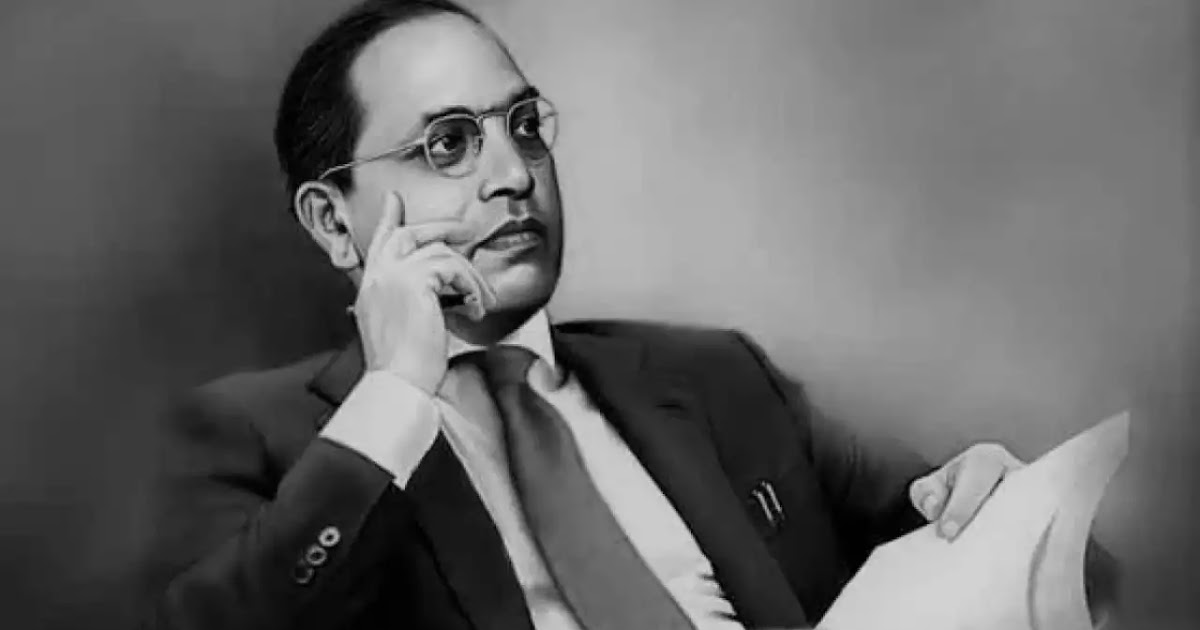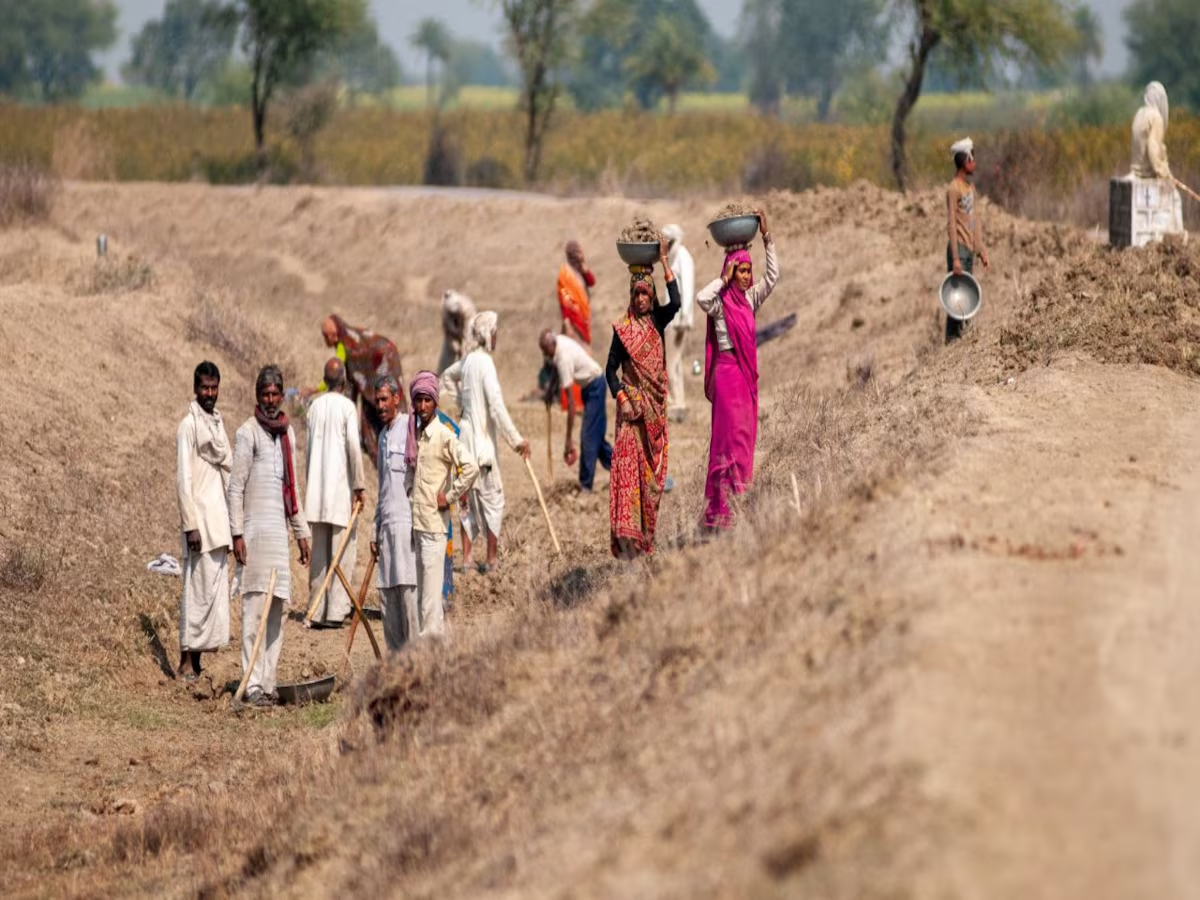- Courses
- GS Full Course 1 Year
- GS Full Course 2 Year
- GS Full Course 3 Year
- GS Full Course Till Selection
- Answer Alpha: Mains 2025 Mentorship
- MEP (Mains Enrichment Programme) Data, Facts
- Essay Target – 150+ Marks
- Online Program
- GS Recorded Course
- Polity
- Geography
- Economy
- Ancient, Medieval and Art & Culture AMAC
- Modern India, Post Independence & World History
- Environment
- Governance
- Science & Technology
- International Relations and Internal Security
- Disaster Management
- Ethics
- NCERT Current Affairs
- Indian Society and Social Issue
- NCERT- Science and Technology
- NCERT - Geography
- NCERT - Ancient History
- NCERT- World History
- NCERT Modern History
- NCERT Medieval History
- CSAT
- 5 LAYERED ARJUNA Mentorship
- Public Administration Optional
- ABOUT US
- OUR TOPPERS
- TEST SERIES
- FREE STUDY MATERIAL
- VIDEOS
- CONTACT US
What Should Civil Services Aspirants Know About Constitutional Values in Contemporary Times?
What Should Civil Services Aspirants Know About Constitutional Values in Contemporary Times?
10-02-2025

As India celebrates its 76th Republic Day, it’s important to reflect on the relevance of constitutional values in today's world.
Constitutional Values and Civil Service
- The Indian Civil Service is the backbone of India’s democracy, responsible for protecting citizens' rights and implementing policies for national development.
- The Constitution of India forms the foundation of this system, ensuring that citizens are treated with dignity, fairness, and equality.
- As civil servants, it is essential to uphold these values—freedom, equality, justice, and fraternity—in both actions and spirit.
- These values are not abstract ideas but practical guides for ensuring governance that works for the benefit of all citizens, particularly the marginalized and vulnerable.
Evolving Justice in India
- In earlier times, the symbol of justice was represented by the Goddess holding a sword and wearing a blindfold.
- Today, justice is not just about enforcing the law, but about understanding each individual’s situation and ensuring fairness.
- Former Chief Justice D.Y Chandrachud emphasized that justice should be applied with empathy and fairness.
- Civil servants must understand that justice is not only about following laws; it’s about ensuring fairness and equality for all, considering the unique context of each individual.
Why Civil Servants Must Embody Constitutional Values
- Constitutional values are essential for a functioning democracy. They promote fairness, dignity, and equality.
- Civil servants, by virtue of their role, must uphold these values.
- Their actions directly influence public trust and shape how the democratic ideals of the Constitution are applied in day-to-day governance.
- These values are the very foundation of good governance.
- Civil servants must not only act with integrity but also work selflessly and tirelessly for the welfare of the citizens.
Examples of Constitutional Values in Everyday Life
- Imagine an auto driver refusing to take a passenger until they’ve asked for their caste or religion.
- This is an example of prejudice that still exists in society.
- However, there are also inspiring stories, such as an auto driver who helped a passenger (Saif Ali Khan) without asking for payment or questioning his identity.
- This simple act of kindness is a reflection of constitutional values, but it also raises the question: Would the same altruism be extended to someone less famous?
- The answer lies in how deeply we understand and practice constitutional values in everyday life.
Dr. B.R. Ambedkar’s Vision of Justice and Equality
- Dr. B.R. Ambedkar, the architect of the Indian Constitution, faced extreme hardships due to his caste.
- These difficulties, however, did not break his spirit. Instead, they fueled his determination to fight for equality and justice for all Indians.
- Ambedkar’s work shows us that political equality is meaningless without social and economic justice.
- His vision continues to inspire us, reminding us that for a truly equal society, we must ensure that every citizen has access to justice and opportunities, regardless of caste, religion, or background.
Why Do We Tolerate Divisions?
- Despite the Constitution's promotion of equality and unity, divisions based on caste, religion, and identity still persist.
- The Constitution aims to dissolve these barriers, yet they continue to affect our daily lives.
- For example, technology such as AI and Google Maps does not discriminate against people.
- We don’t question the caste or religion of those who ensure our safety, like the police officers or doctors who serve us.
- This trust reflects the principles of equality and fraternity that are essential to the Constitution.
Justice Must Be Universal
- In his book, The Idea of Justice, Amartya Sen argues that justice must be universal, impartial, and rooted in consequences.
- Without these values, society cannot function harmoniously. Protecting dignity, life, and rights is not only a constitutional duty but also the essence of being human.
- If we fail to uphold justice in a fair and equal manner, society fractures.
- We must always prioritize the well-being of others and ensure that our actions reflect the core values of the Constitution.
The Power of Constitutional Values
- Imagine standing in Lal Chowk in Kashmir, where people from different religions and backgrounds gather.
- Despite differences, they share a common identity as Indians, symbolized by the national flag.
- This unity shows the true power of constitutional values—they transcend differences and bring us together in a shared vision for the country’s progress.
- When we uphold these values, we strengthen the unity and dignity of the nation.
Ambedkar’s Final Warning
- In his speech to the Constituent Assembly on November 25, 1949, Dr. Ambedkar reminded us that the strength of a Constitution is not in its words but in the integrity of those who implement it.
- He warned, “No matter how good a Constitution may be, it can turn out to be bad if those tasked with implementing it lack integrity.”
- Civil servants must remember this. Governance is not just about policies; it’s about embodying the values that make democracy meaningful.
Conclusion: Upholding the Constitution in Daily Actions
For civil servants, understanding and applying constitutional values is a responsibility, not an option. Every decision and action should reflect the ideals of freedom, equality, justice, and dignity. The Constitution is not just a document of laws—it is a living guide that shows the path to a better, fairer India. Let’s work to ensure that we not only follow its principles but also live by them, ensuring that the Constitution leads us toward unity, dignity, and progress.
|
Also Read |
|
| FREE NIOS Books | |



